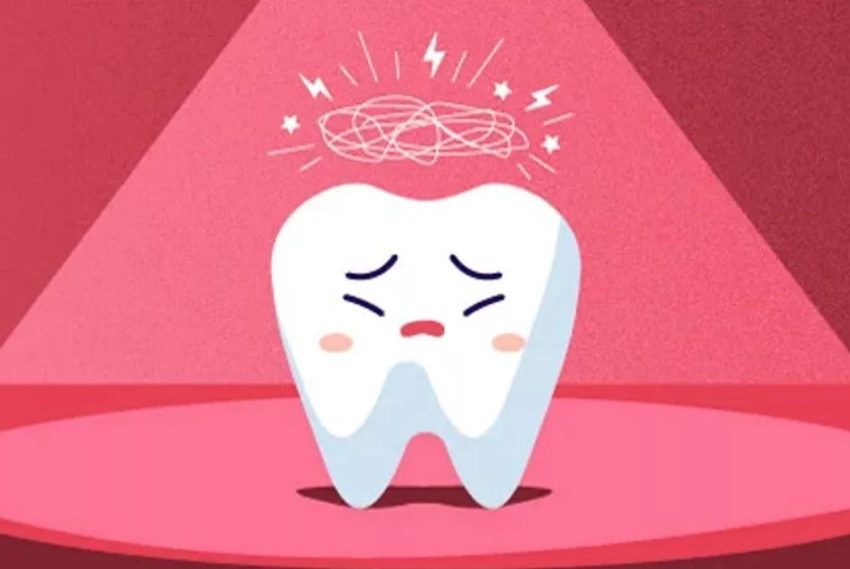Stress represents a natural response to pressure, and individuals encounter varying degrees of it. In today’s rapid-paced environment, stress levels have escalated, driven by demanding professional settings, academic pressures, travel commitments, and financial strains. It is ubiquitous, and its repercussions on the body are extensive. What many fail to recognize is that stress can also adversely impact your oral health, resulting in a range of dental complications.
By consulting a VIP Dental Care practitioner, you can acquire valuable guidance regarding how stress might be influencing your teeth and gums. This article will explore the most common oral health concerns associated with stress and offer practical methods for managing them efficiently.
How Stress Influences Your Oral Health
Stress is not only mentally draining; it also exerts a substantial physical effect on the body, including your mouth. Although extensive research has concentrated on the general effects of stress, its ramifications on oral health are frequently ignored. Stress can promote detrimental habits that harm your teeth and gums and can even instigate specific conditions that deteriorate over time.
Frequent Oral Health Issues Associated with Stress
The following are some of the most prevalent dental complications linked to stress:
Neglecting Oral Hygiene: Stress can cause individuals to overlook or skip crucial practices such as brushing and flossing. Over time, this oversight can lead to plaque accumulation, tooth decay, and periodontal disease.
Teeth Grinding (Bruxism): Stress often triggers grinding or clenching of teeth, especially during sleep. This can erode the teeth and result in jaw discomfort or migraines. Utilizing a nightguard can safeguard your teeth from additional harm.
Dry Mouth: Stress can reduce saliva production, leading to a dry mouth. This reduction in moisture creates an environment conducive to bacteria growth, increasing the likelihood of halitosis and cavities.
Gum Disease: When stress impairs the immune system, the body struggles more to fend off infections, rendering the gums more vulnerable to disease. Consequently, plaque accumulation can result in gum inflammation and elevate the risk of developing gum disease.
Effectively addressing stress is crucial to preventing these issues and preserving a healthy smile.
How Stress-Induced Behaviors Impact Oral Hygiene
Even individuals with a conscientious oral hygiene regimen can falter during periods of stress. Occasionally skipping brushing or flossing may not be detrimental, but prolonged neglect can lead to serious complications. Here are some suggestions to help maintain your oral hygiene even in stressful times:
Set Reminders: Utilize sticky notes or phone notifications to prompt yourself to brush, floss, and use mouthwash.
Chew Sugar-Free Gum: This practice helps stimulate saliva production, alleviating dry mouth and assisting in the cleaning of your teeth.
Stay Hydrated: Consuming water after meals can aid in rinsing away food particles and maintaining a fresh mouth.
Keep a Travel Toothbrush Accessible: Having an extra toothbrush at work or in your bag ensures you can brush while on the move.
While these suggestions will not substitute a comprehensive oral hygiene regimen, they can assist in lessening the effect of stress on your teeth.
Stress Management Techniques to Safeguard Your Oral Health
To safeguard your oral health, it is crucial to discover methods for managing stress. Integrating stress-relief strategies into your daily routine can enhance both your mental wellness and your oral health. Here are some straightforward yet potent techniques:
Meditation and Relaxation: Meditation, deep breathing, or even brief mindfulness activities can help alleviate anxiety and soothe your mind.
Regular Exercise: Physical exercise not only enhances your physical condition but also aids in clearing your mind, alleviating stress and strain.
Nutritious Eating: A well-rounded diet abundant in vitamins and minerals can bolster your immune system and safeguard your oral health. Refrain from resorting to sugary or unhealthy foods when under stress.
Seek Professional Assistance: If stress becomes overwhelming, contemplate seeking the help of a mental health professional for guidance and coping mechanisms.
Conclusion
Stress impacts numerous facets of your body, including your oral health. From teeth grinding to the onset of gum disease, the adverse effects stress can have on your mouth should not be disregarded. Nevertheless, by regulating your stress levels and upholding your oral hygiene, you can mitigate these dangers and preserve your smile. Incorporating these recommendations will assist you in navigating life’s challenges more efficiently while safeguarding your dental health.
